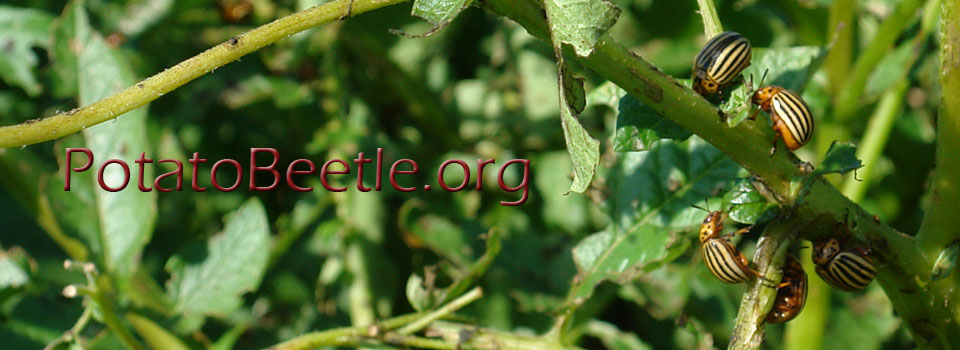Morin MD, Lyons PJ, Crapoulet N, Boquel S, Morin PJ. International Journal of Molecular Sciences. 2017;18(12):2728. doi: 10.3390/ijms18122728.
The Colorado potato beetle (Leptinotarsa decemlineata (Say)) is a significant pest of potato plants that has been controlled for more than two decades by neonicotinoid imidacloprid. L. decemlineata can develop resistance to this agent even though the molecular mechanisms underlying this resistance are not well characterized. MicroRNAs (miRNAs) are short ribonucleic acids that have been linked to response to various insecticides in several insect models. Unfortunately, the information is lacking regarding differentially expressed miRNAs following imidacloprid treatment in L. decemlineata. In this study, next-generation sequencing and quantitative real-time polymerase chain reaction (qRT-PCR) were used to identify modulated miRNAs in imidacloprid-treated versus untreated L. decemlineata. This approach identified 33 differentially expressed miRNAs between the two experimental conditions. Of interest, miR-282 and miR-989, miRNAs previously shown to be modulated by imidacloprid in other insects, and miR-100, a miRNA associated with regulation of cytochrome P450 expression, were significantly modulated in imidacloprid-treated beetles. Overall, this work presents the first report of a miRNA signature associated with imidacloprid exposure in L. decemlineata using a high-throughput approach. It also reveals interesting miRNA candidates that potentially underly imidacloprid response in this insect pest.
